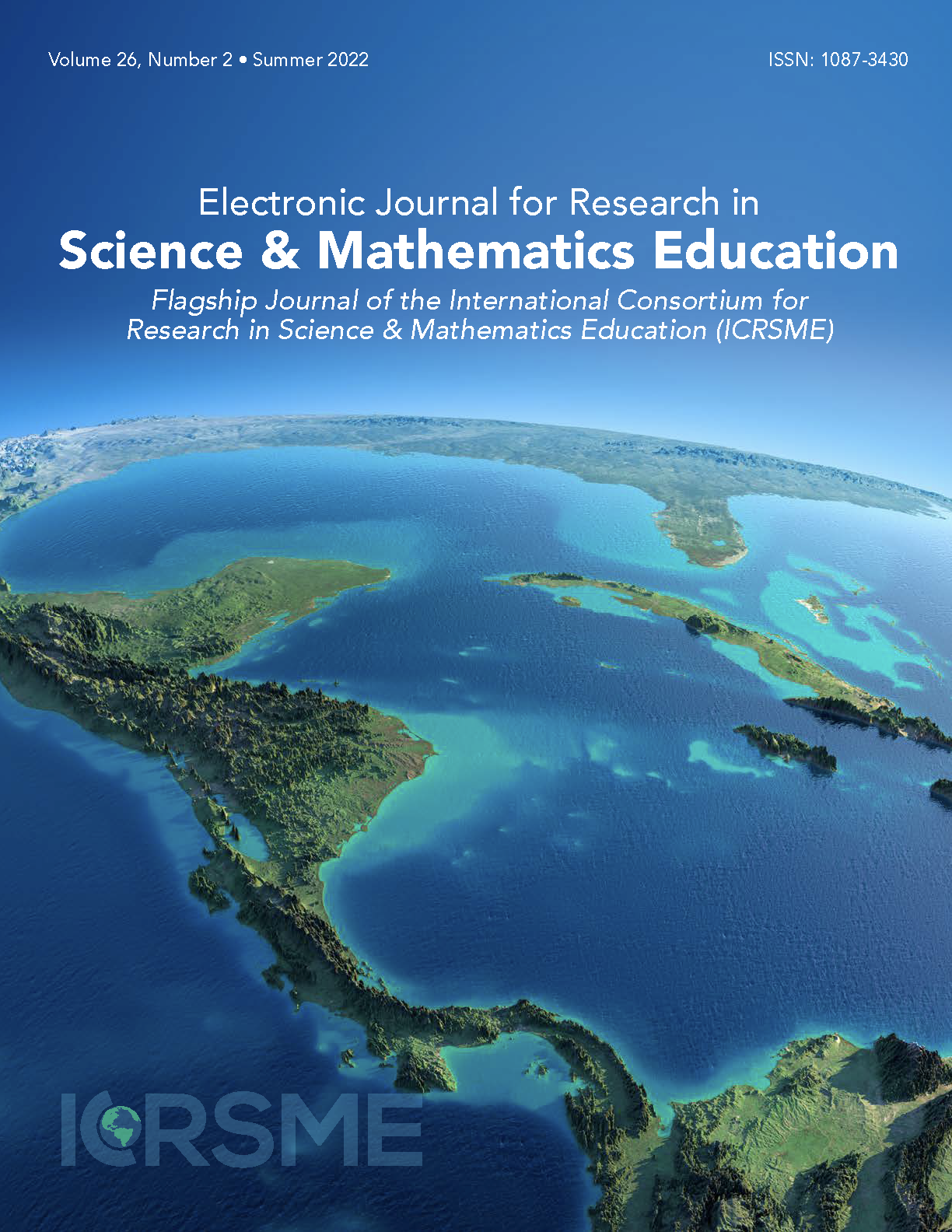Effects of Language on Children’s Understanding of Mathematics: Implications for Teacher Education
Main Article Content
Abstract
Teacher educators have a moral and civic obligation to examine ways in which language and mathematics are connected and supported in teaching and learning mathematics. It is essential to examine the roles and influence of family, parents, community, teachers, administration, and teacher educators as they collaborate to support learners. Their role should be considered in preparing and supporting teachers to develop curriculum, plan instruction, and implement strategies that support students’ development of language in the mathematics classroom. An examination of the literature of the effects of language on children’s understanding of mathematics was conducted identifying six areas: 1) impact of language on understanding; 2) symbols, expressions and language connections; 3) language development, play and family influences; 4) effects of teachers’ listening orientation; 5) implications for English Language learners; and 6) technology and digital media. Implications for teacher education and future research are presented.
Article Details
© 2025 Electronic Journal for Research in Science & Mathematics Education (EJRSME)
